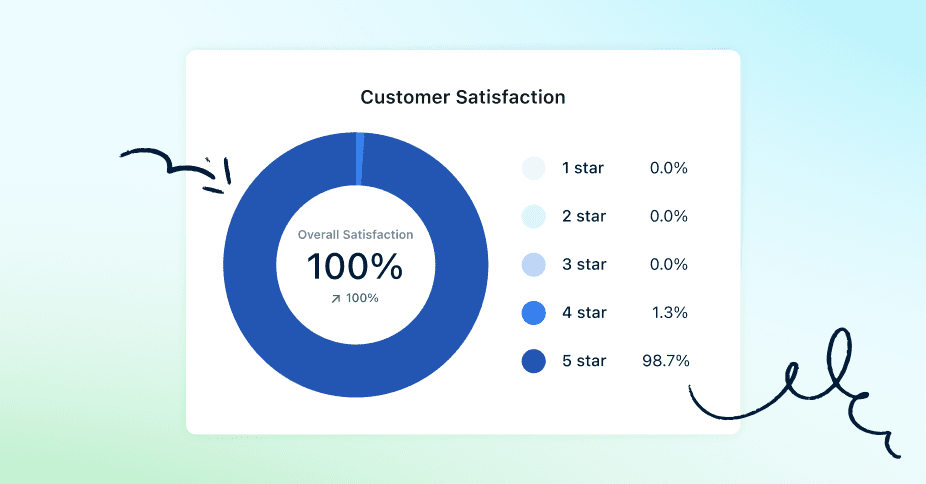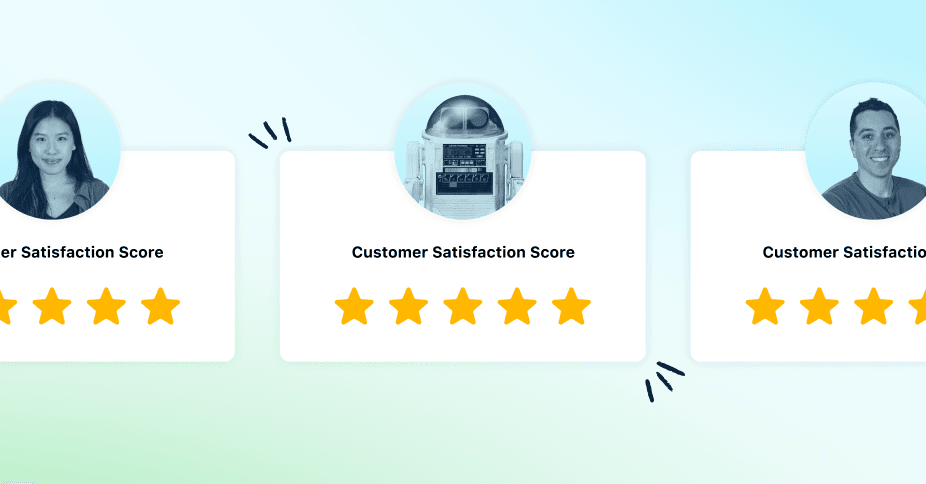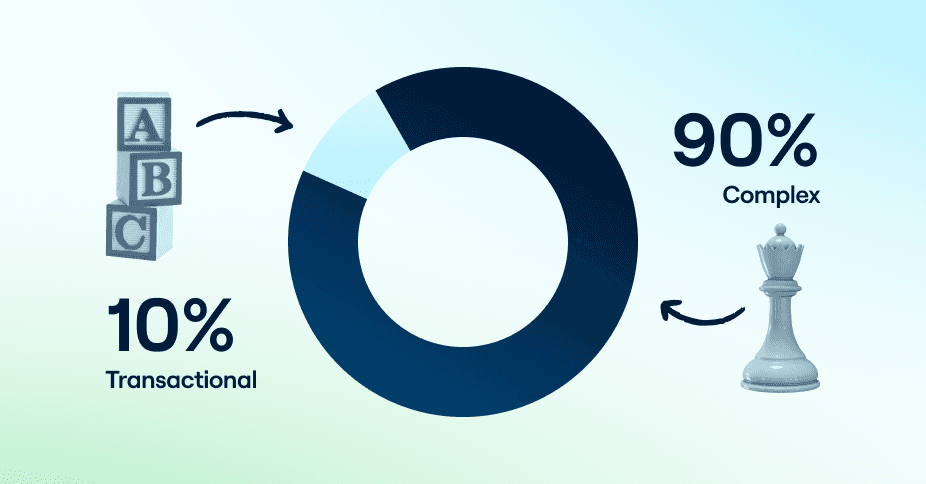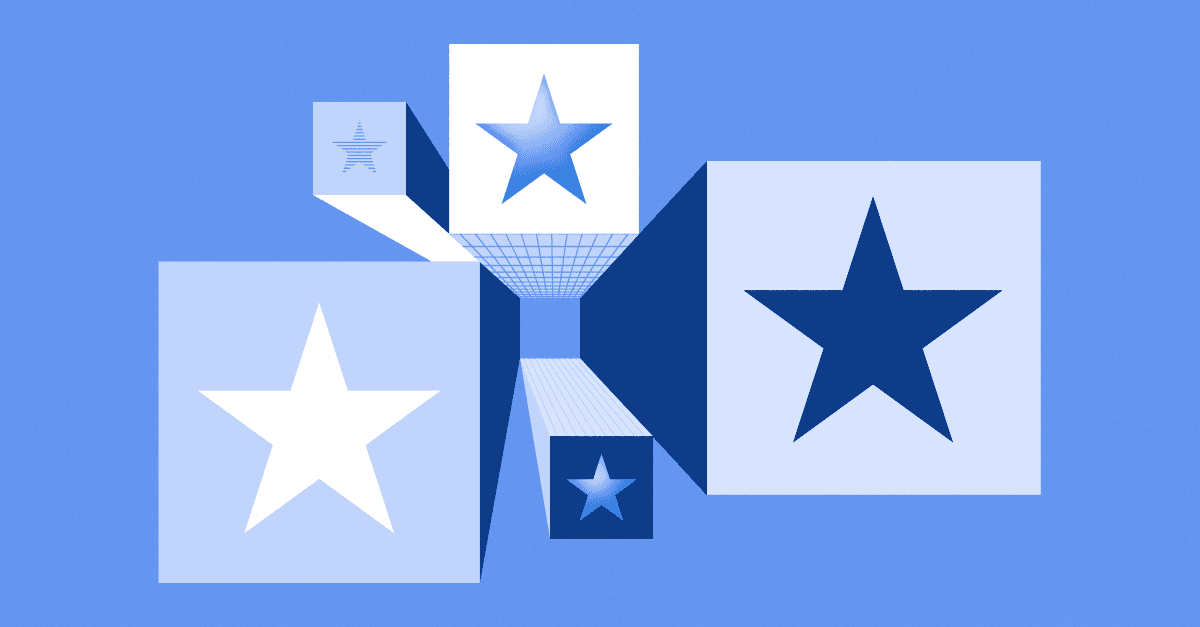Over the past 10 years, I’ve watched again and again how the advancement of new tools transforms the way we work in the support space. I’ve used everything from Zendesk, Forumbee, and the Salesforce tool Desk, and now our own product, Front. While the technology changes, my focus on continually upleveling the customer experience has stayed constant.
Support is a key business differentiator at Front. I’m proud that my team has achieved a 100% CSAT score (compared to a 78% industry average); attained a 100% response rate every month; and over 90% of cases are solved within support. For us to maintain our high bar for customer care, we need to adapt to recent advancements in generative AI.

We know AI will completely transform the support industry, and with change comes hard questions about shifting roles, structures, and priorities of our teams. Here are five things that should be top of mind for all support leaders who want to scale or maintain exceptional customer support amidst the advancements in AI.
First audit, then consolidate
Tool consolidation is a no-brainer for reducing cost and context-switching, but it will be absolutely essential to operate effectively with AI. Making sure your systems and data can connect and talk to one another will increase the quality of work that AI can augment and produce. For my team, having our CRM data and internal knowledge base connected to our help desk is critical to providing excellent customer service. For a logistics company, it might be important that a transportation management system (TMS), enterprise resource planning (ERP), or carrier identity management software are integrated.
The first step here is to audit your tech stack (at Front, we do this about once a quarter). You probably dont need Notion, Guru, and a knowledge base. Outside of obvious redundancies, a big part of tool auditing is ensuring interoperability can these apps talk to each other and function together? Do new tools pose any challenges integrating with current workflows? Centralizing your knowledge and ensuring connectivity across tools will give AI the broadest context. Make sure you have as few apps as possible and a help desk that connects to the relevant areas of your business.
Rethink CSAT & other metrics
The more we use AI, the more we need to be intentional about what and how we measure our success metrics. This means assessing how to break up CSAT so you can track how AI is performing and where you can improve. Our team does this in Front by using tags. We built an automation to tag AI-generated convos and use the tag filter to generate two (one AI, one human) customer satisfaction analytics reports.

Breaking them out will allow you to bring on AI in a way that enables you to maintain high levels of customer happiness and success. Approach it as an experiment and pull back if you see AI CSAT scores dipping.
Shift your focus from transactional to complex
AI tools will free time for support workers to focus on more complex, level three issues like billing changes for high-value customers, debugging integration errors with engineering, or locating delayed shipments in custom integrated inventory management systems rather than simple tasks like finding order numbers or resetting a password. We predict roles will shift so reps will focus on 90% complex tasks and 10% transactional, vs. the inverse we find today. Since transactional support will be commoditized with AI, your support team will now be differentiated by your reps ability to resolve more intricate and complicated inquiries.

As a leader, your focus will also need to shift away from optimizing transactional workflows to enabling swift resolution of the complex. Here are some questions to start thinking through with your leadership team:
How can I unlock the cross-org collaboration and coordination that is necessary to resolve complex customer issues?
How can I escalate customer inquiries with the right context?
How will I think about data integration across teams and processes?
It’s time to focus on what AI cant replace, not on what it can.
Reimagine roles on your team
There’s no denying that some support roles will be automated, but leaders will also have the opportunity to build out new career paths within their teams. For successful implementation of AI, there will need to be roles that focus on content creation and training to drive bot intelligence. A new part of the support teams role will be determining when and to what extent to trust AI tools and the creation of robust QA processes. Other roles might become more technical and include data analysis or automation management. For example, support can own the creation of automated routing to billing or account services for upsell opportunities.
I’ve seen support data analysts and documentation specialists taking on titles like head of scalable support focused on merging and leading community support and product education. At Front, we’re creating new support career paths by adding one Support Operations Analyst (focused on data/workflows) and one Support Program Specialist (content creation for knowledge base, community, and internal documentation). Future plans further down the road include a Support Ops engineer that will focus on automation/technical builds.
Expand support to include support operations
This shift in responsibilities and the focus on the complex means that the scope of support will expand into operations. I think we’ll see an emergence of support ops teams dedicated to managing high-stakes support issues that require thoughtful human assistance.
At Front, we’re launching a support ops team in the fall to transition former customer support representative roles into the new roles that focus on delivering a better customer experience through documentation, tools, and automation.
This will require a big mindset shift from reactive to proactive; support teams are so used to firefighting that we don’t step away often enough to consider case prevention. Efficiently answering customer questions is a big win, but the next step is helping customers find answers without their ever having to ask. It’s a true win-win, and thats what support ops will enable.

In the age of AI in support, we’re all learning as we go. It can be daunting, but it’s also a time of massive opportunity to uplevel your team and hit never-before-hit goals. AI is expanding the boundaries of what we can accomplish. We’ll report back on what we learn!
Written by Kenji Hayward











